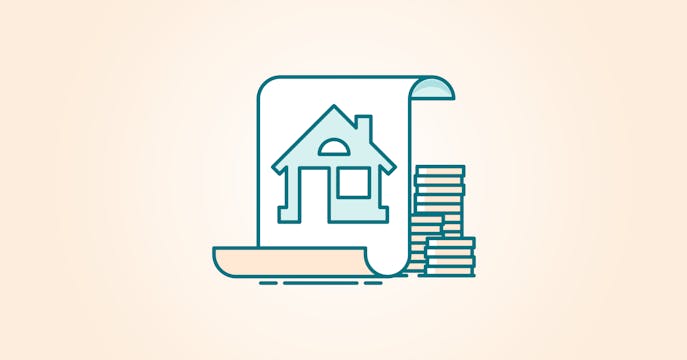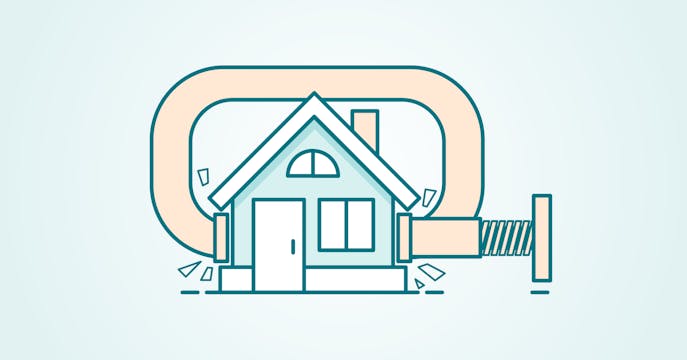Buyer's or seller's market?
BALANCED – The national SNLR (sales to new listing ratio) in December eased to 52.3% from 52.7% last month.
Despite decreased sales, new supply also dropped, bringing the national ratio further into balanced market territory. Compared to December 2024, all property listings were up 7.4%, but still below the long-term average for this time of year.
A few other details:
- Nationally, December inventory remained unchanged from last month at 4.5 months' worth, which is below the long-term average.
- Long-term average for inventory is 5 months (according to CREA)
- A buyer's market would measure 6.4 months of inventory and above
- A seller's market would measure 3.6 months of inventory and below
- The highest national SNLR so far was 67.9%, reached in April 2023
- Long-term average for the SNLR is 54.9%
Why is the Canadian market balanced? Overall housing activity in 2025 was subdued due to economic uncertainty stemming from the U.S. trade war. Inventory levels were higher than the previous year, with sufficient demand (sales) to maintain a balanced national market heading into 2026.
Is there market disparity in Canada? Always. Regardless of national or even provincial sales and listing averages, Canada is a big country (area-wise), and home shoppers and sellers can find very different market conditions depending on where they're buying or selling.
What is a buyer's market?
According to CREA (Canadian Real Estate Association), a strong buyer's market is when the sales-to-new-listings ratio (SNLR) is 45% or below.
At that ratio percentage, there are typically more properties for sale than buyers, offering more choice and bargaining power — especially in placing purchase offers with conditions that protect a buyer's rights and finances.
What is a balanced housing market?
When the SNLR falls between 45% and 65%, market conditions are considered 'balanced' in buyer demand, available listings, and sales levels. This state helps to keep prices relatively stable, allowing reasonable purchase and sale terms.
The middle ground of housing competition — balanced markets can lean more towards the buyer's or seller's spectrum. And despite any prevailing national or local trends, a particular house, street or area can defy it (you know who you are).
What is a seller's market?
An SNLR of 65% or higher is a market that strongly favours the seller.
In a seller's market, there are more buyers than sellers, and the properties sell quickly and at higher prices, giving the seller more power to set their price and terms of sale.
When the demand for housing exceeds supply, buyers often resort to a gamut of strategies to snap up a house before others, such as engaging in bidding wars or feeling pressured to place no-condition offers.





